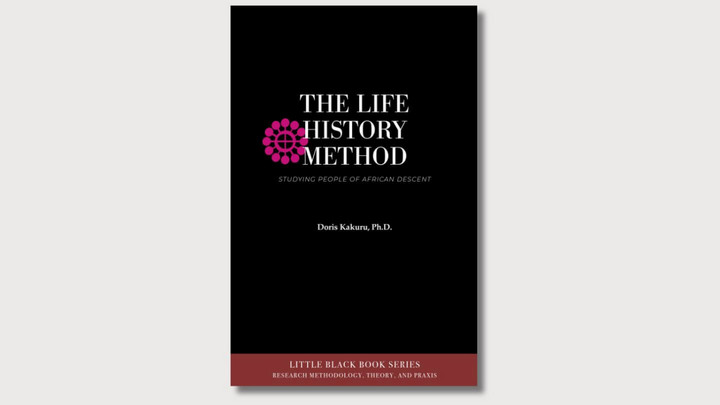New Book from SCYC Professor Dr. Doris Kakuru
October 06, 2025

School of Child and Youth Care Professor Dr. Doris Kakuru has a new upcoming publication entitled The Life History Method: Studying people of African Descent. You can preorder the book here. Read on for a description of what to expect from The Life History Method:
For far too long, research on Black communities has been shaped by Eurocentric methodologies that overlook the complexity, resilience, and cultural knowledge embedded in Black lived experiences. The Life History Method: Studying People of African Descent presents a rigorous, decolonized research framework that empowers faculty and students to engage in ethical, contextually grounded scholarship that centers Black voices and epistemologies.
Rooted in the traditions of Black storytelling, this book challenges conventional research paradigms by positioning life history not just as a method but as an emancipatory tool—one that acknowledges the impact of colonialism, slavery, and systemic oppression on knowledge production. By offering a step-by-step guide to designing, conducting, and mobilizing life history research, this text equips scholars with the necessary tools to critically engage with narratives of Black individuals and communities while fostering epistemic justice.
